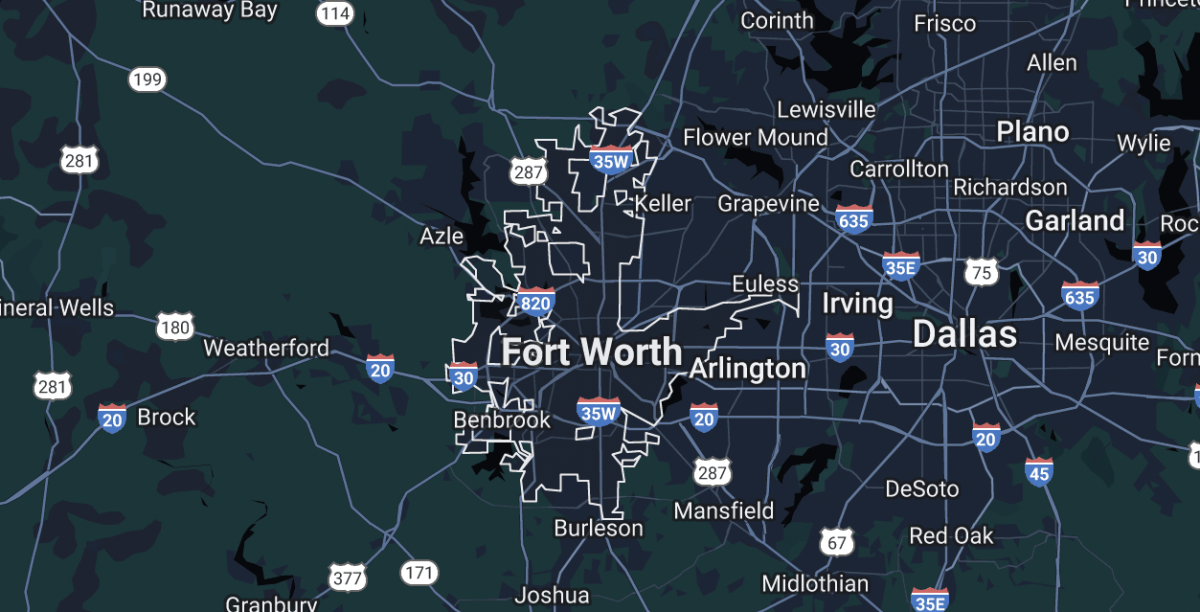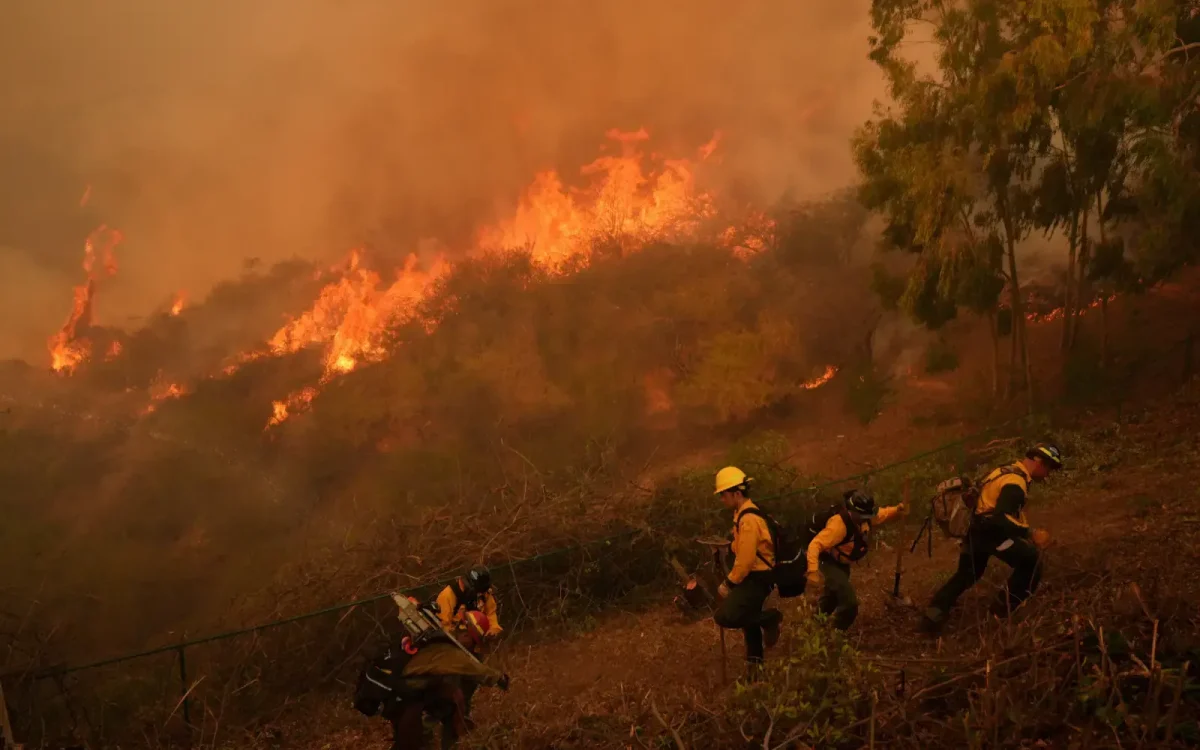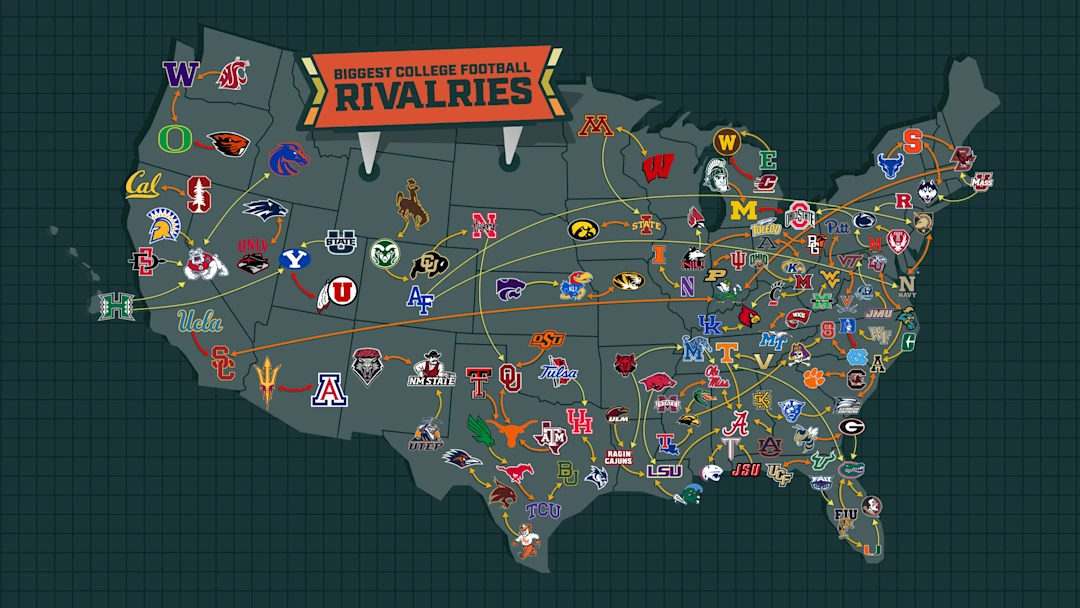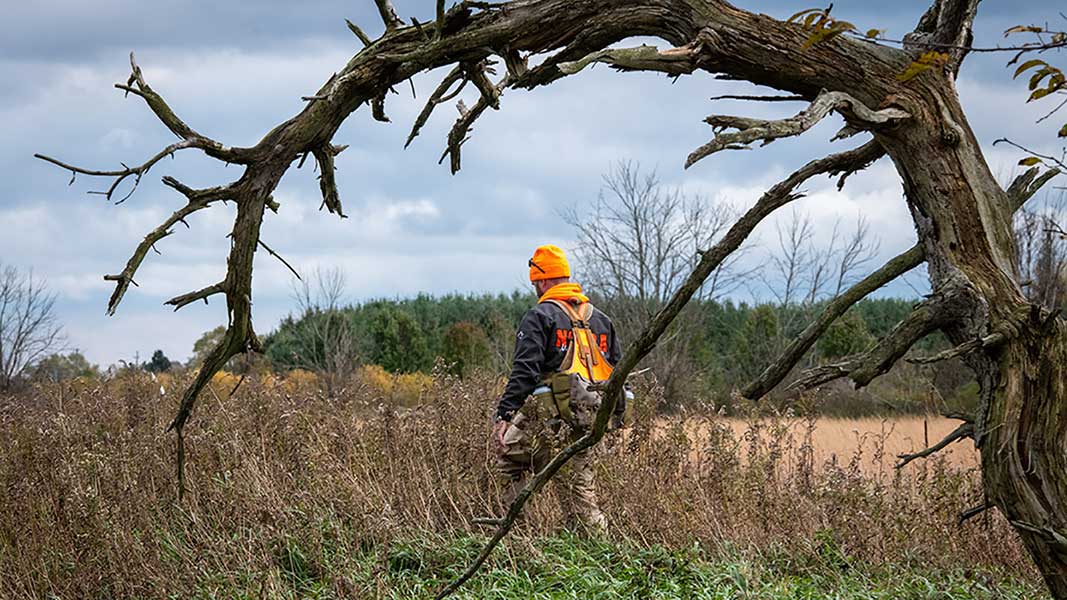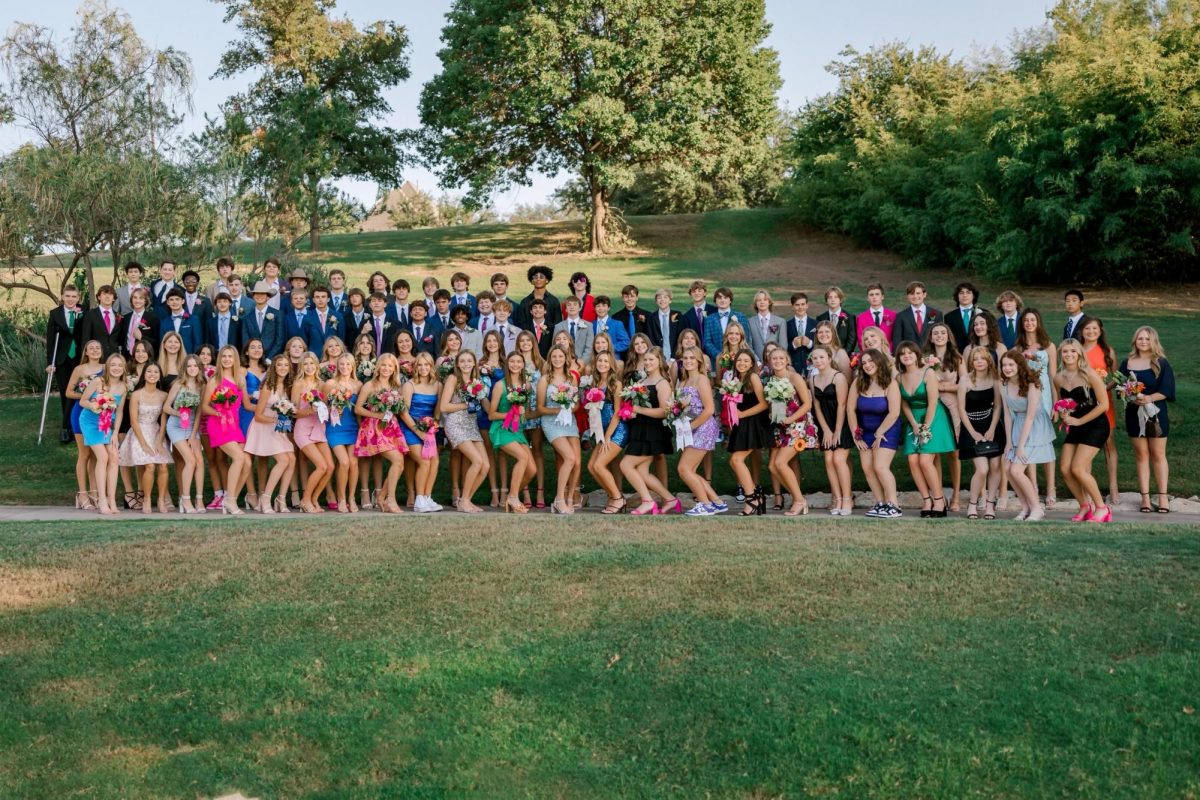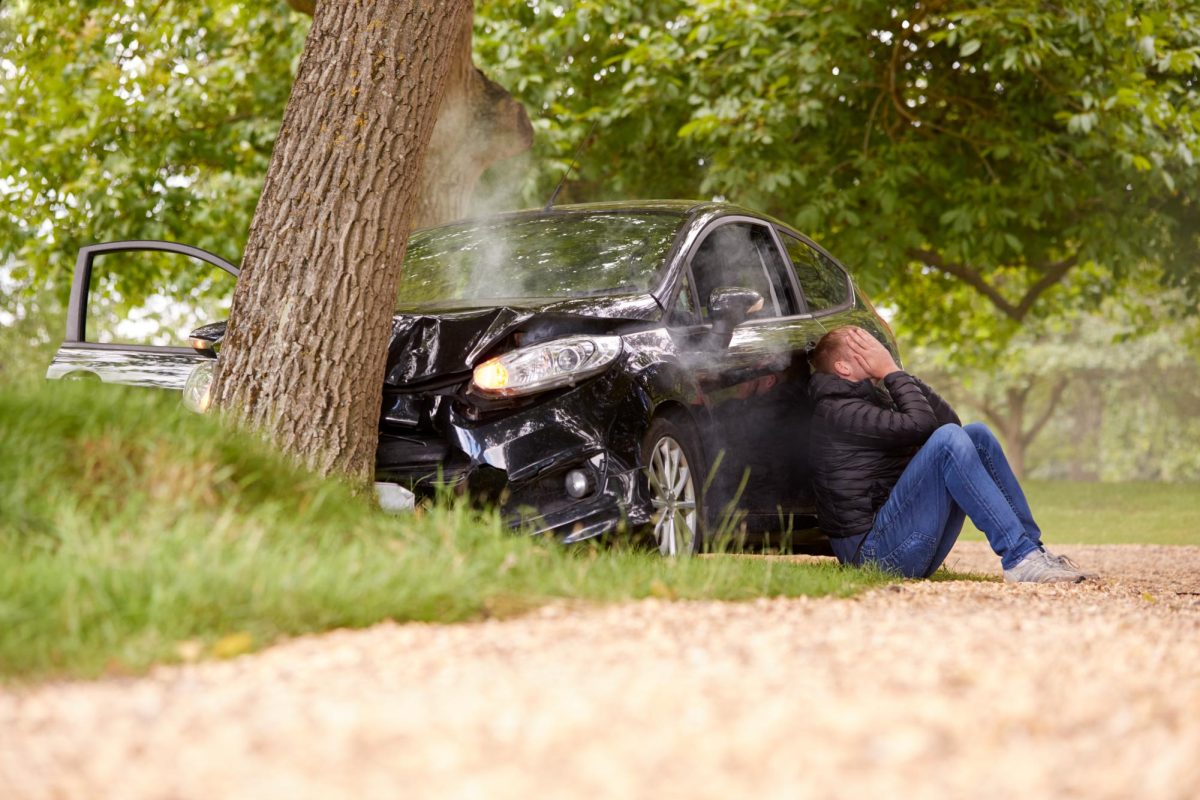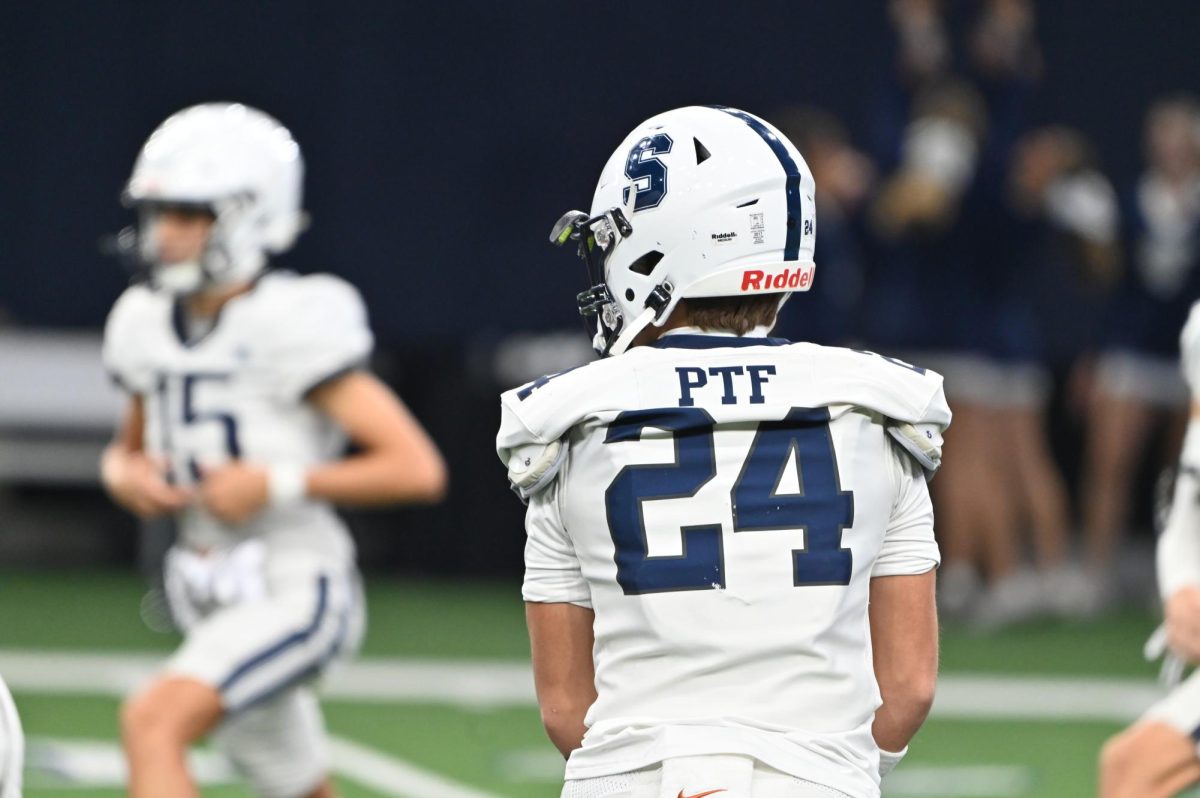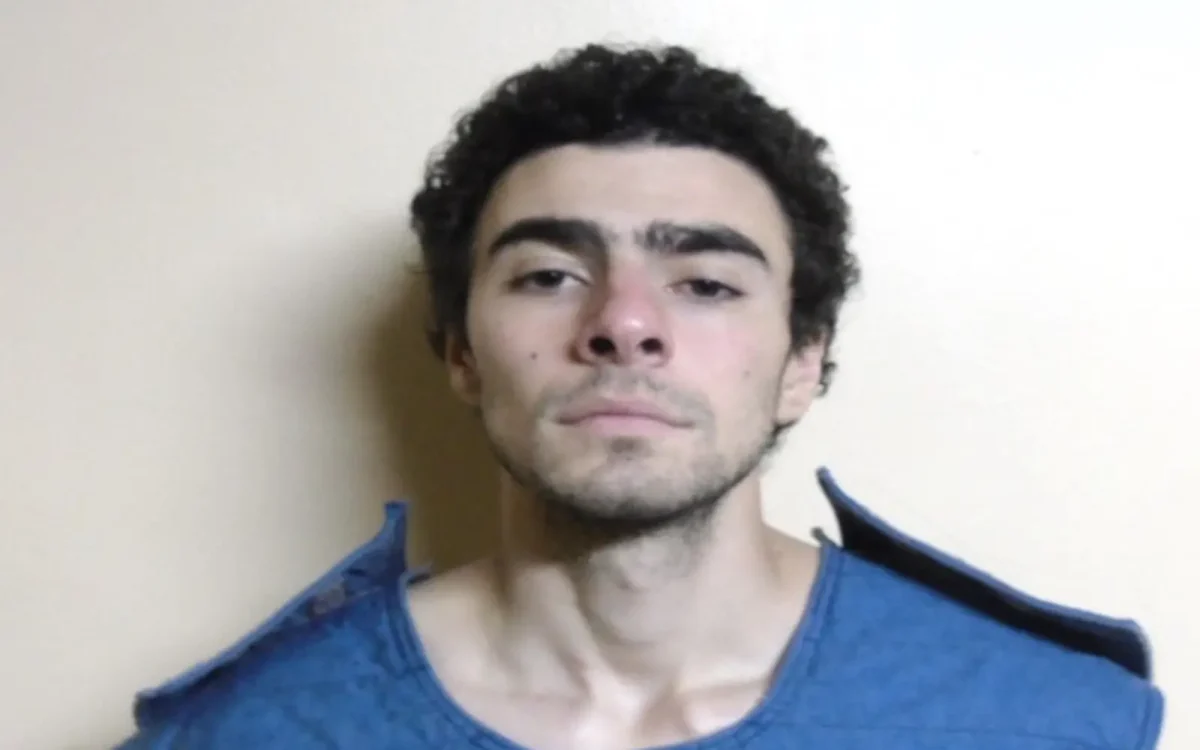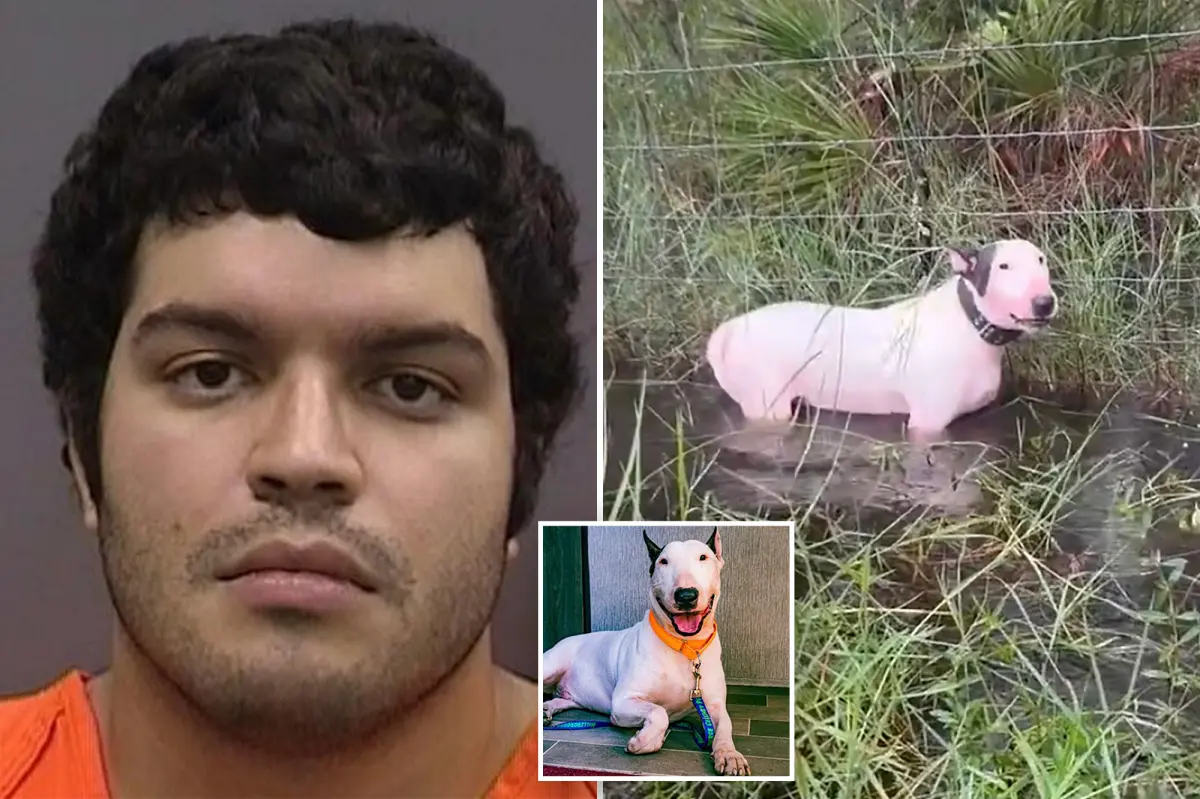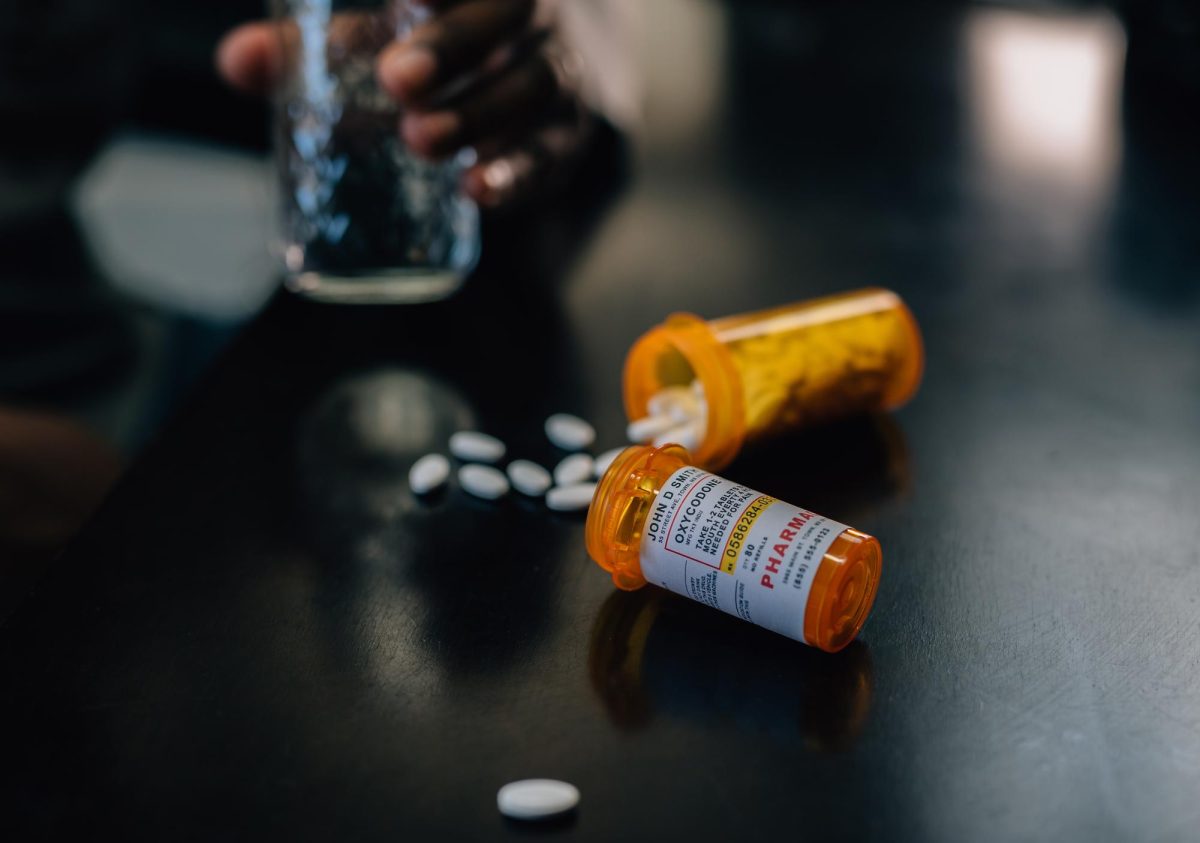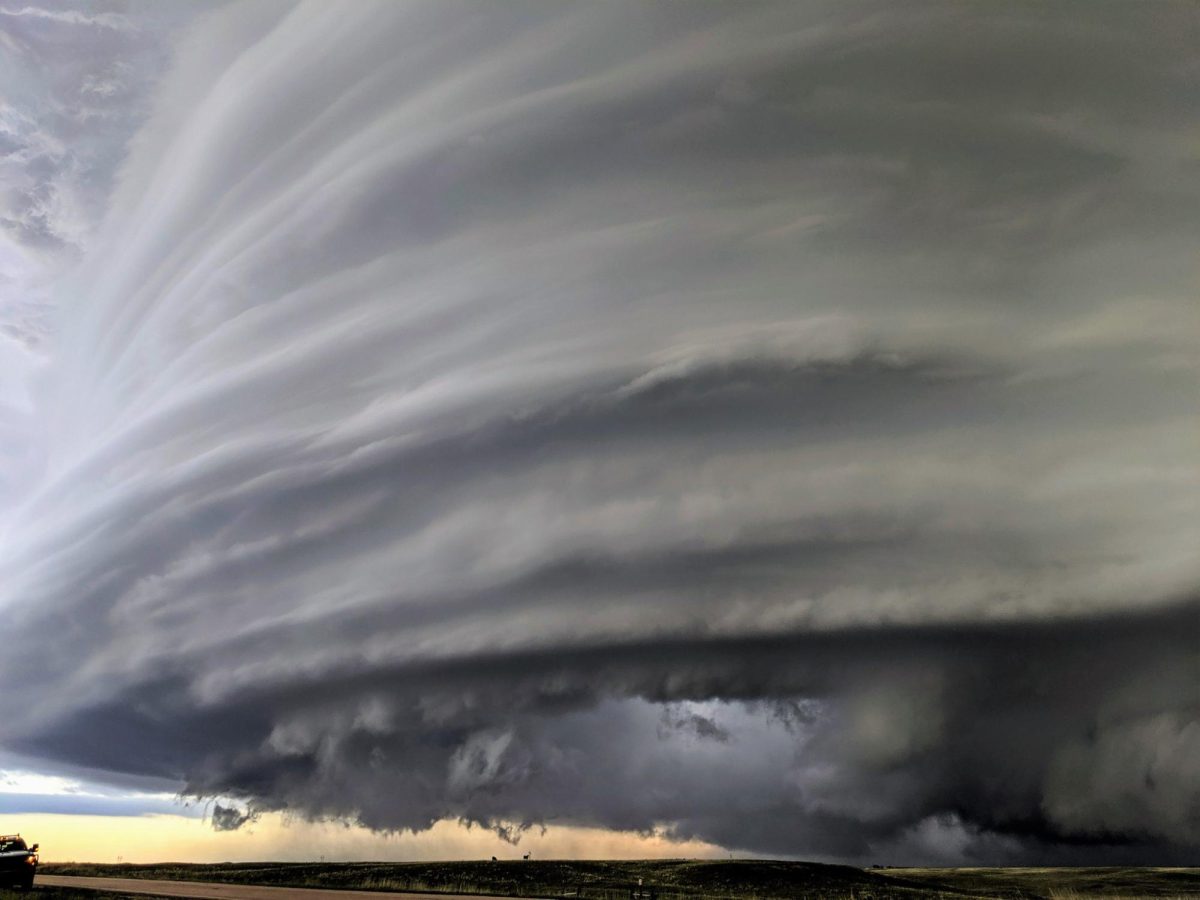The roar of engines, the thrill of speed, and the dangers lurking around the corner, street racing captivates many, but its consequences are often overlooked. Street racing is an underground culture of illegal racing, where drivers reach speeds that are illegal and deadly on public roads. These competitions pose significant risks to participants and bystanders alike.
According to Denenapoints, Texas itself has had a surge of street racing deaths, an increase in speeding since the pandemic, and law enforcement officers worried for the future, along with many grieving loved ones left behind due to deaths from a silent killer.
According to the Star Telegram, during 2023 Texas had almost 4,000 deaths from speeding.That is almost 11 deaths every day. Most people don’t bat an eye to speeding, but that’s because they have not felt the immense grief of a death from preventable street racing.
April 21, 2023 was just like a normal day until my mom got a text from my sister detailing that her boyfriend had died.
Her boyfriend, Chris, was riding his motorcycle with his friends when they decided that they wanted to race down a straight road.
Unfortunately that would be the last time that 19 year old Chris would ride his motorcycle as he was going too fast to stop when a car turned in front of him, ultimately resulting in his death.
I personally was close with Chris, this death hurt, and knowing how preventable this death was made it even worse.
So now while everyone else isn’t bothered by speeding, any time I see a motorcycle going too fast I get nervous, or when I make a left turn I worry that I am not going to see a speeding driver.
Street racing kills, but some people just do not see it.
Speeding have vastly increased over the past decade. According to Herman and Herman, In 2014, only 344 people in Texas died from speeding, increasing the deaths by over 3,000 people in just 10 years.
Unexpectedly, the COVID-19 pandemic is a big reason for the sudden increase in speeding.
While everyone was trapped inside many people began to watch movies, filled with adrenaline pumping action as people could for once escape and experience high speed chasing and really get into it. After it was deemed safe for people to start going out in public again, many of these young adults began to imitate what they were watching in these movies.
Once the pandemic ended was when the real speeding death statistics began to rise.
With the rise in street racing, there was also a rising concern with Law Enforcement officers.
I had the privilege to interview Officer John Fuller of the Grand Prairie Police Department.
Officer Fuller has been with the department for 17 years and is currently a patrol officer.
Officer Fuller details how speeding on the backroads has decreased, however speeding on interstates and tollways has increased exponentially.
Officer Fuller has stated “pulling over a young adult male for going 120 on the freeway, and the driver seemed to have no remorse or care for the damage that he could’ve done to anyone on that road.” Officer Fuller states “he has worked a few death speeds due to speeding, and how those ones are always hard as he has kids who drive, and a kid who just got his permit, seeing someone like that always leaves a mark
Officer Fuller believes that speeding is affecting communities not only with the magnitude of deaths and crashes, but also increasing starter insurance rates, and having to pay for the property damages from crashes.
Officer Fuller fully believes that the speeding death toll is going to continue to rise if a change is not made somewhere.
DFW is in need of help to prevent any more deaths from this silent killer. Whether it’s stricter rules for driving, more officers patrolling the high risk areas, or sensors being put on cars to prevent high speeds a change needs to be made.
While experiencing a death from speeding is horrible, the national statistics for speeding is far worse, and I, along with many police officers, including Officer Fuller, fully believe that we need to fix this speeding epidemic, and insure the safety of our communities.





